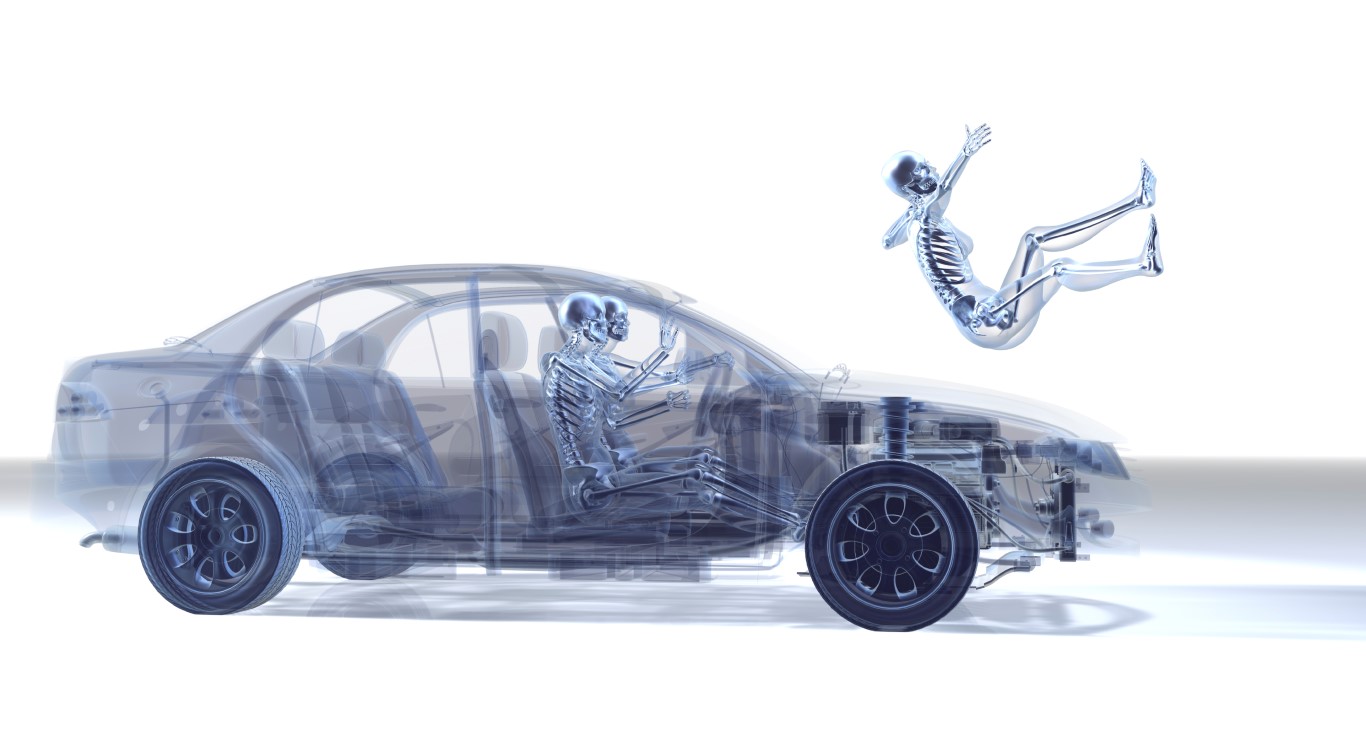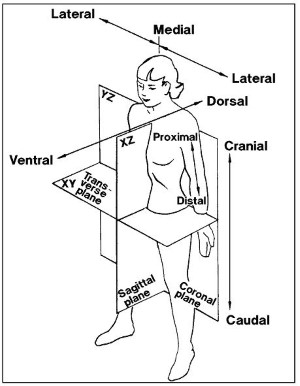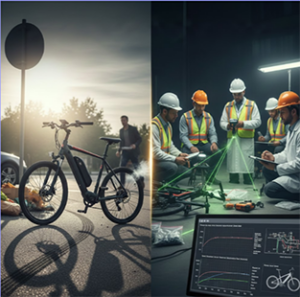When the foundation of a home has settling issues, you have to consult with a civil engineer. When considering the correlation between forces in a vehicle crash and injury, you can only rely on a bio-mechanical engineer. But what type of engineer will be most helpful when a toaster is the suspected origin of a fireor when a worker gets caught in a pinch point? Here at CED Technologies we get a lot of inquiries from potential clients who think they can only consider an expert with a specific engineering degree to work on their case. But discussion of the case details often reveals that an engineer from another discipline with relevant experience is better suited for that task. Two of the disciplines that often overlap are electrical and mechanical engineering.
Almost every consumer product that fails, resulting in a property loss or personal injury and almost every tool or machine used by tradesman or in a factory is an electro-mechanical device, combining mechanisms, sensors, motors and controls to achieve a specific purpose. Items ranging from a kitchen appliance to an automobile to a complex factory system with robots consist of both mechanical and electrical elements. And the failures that lead to property losses and personal injuries are rarely strictly electrical or strictly mechanical in nature.
Mechanical v. Electrical
Certain issues would seem to be only suited to one discipline. An electrocution for example would always seem to be an issue for an electrical engineer. But what if the electrocution was caused by a crane that was set up too close to overhead transmission lines? Does every electrical engineer have the requisite understanding of construction practices and workplace safety to address those issues?
Similarly, a worker getting caught in the point of operation would seem to be strictly a machine guarding issue and well-suited to a mechanical engineer. But would every mechanical engineer have sufficient knowledge or experience to test and troubleshoot the electrical circuits and programmable logic for the machine to know if the interlocks on the machine guarding were providing the appropriate protection to operators?
Education and experience are the foundation for solid opinions relative to a case. But mechanical engineers take electrical courses in power distribution and circuit design and had better understand Ohm’s law. Electrical engineers are taught mechanical engineering fundamentals like statics and dynamics and thermodynamics. So which one will be better able to determine why a product failed?
The one with the most relevant experience.
The relevant experience of a given engineer typically consists of both their work and their hobbies. An engineer may be or have been a robot programmer, or a farmer, or a boater, or a construction manager, or a tinker, or a tailor . . . you get the idea. And they are likely to have already worked on a case similar to yours.
So when you seek out the expert for your case, look beyond their degrees. Discuss your case details with your CED business development manager who knows the background of all of our engineers and then ask to speak about your case with the specific engineer or engineers that they recommend. Hopefully you will be impressed that your expert is more than the sum of their degrees.
Related Articles
Electrical Fires & First Response
The Truth Behind Amusement Ride Oversight
Featured Engineer
Russell Simmons, P.E., CFEI For a full profile Click https://www.cedtechnologies.com/staff-member/russell-simmons-electrical/
M.S., Masters of Science, Engineering Management, University of South Florida
B.S., Electrical Engineering, North Carolina State University
Areas of Expertise
Electrical Distribution Systems
Design & Control of Dynamic Systems
Electrical Control Systems
Arc Flash
Cyber Security
Electrical Generating Systems
Electrical Grounding
Electrical Safety and Analysis
Emergency Generators
Energy Management
Lighting Systems
Lightning Protection Systems
Photovoltaic Systems
Power Quality Process Control and Safety Systems
Process Plant Operations
Thermography
Interested in CED's Latest news and innovations?? Follow us on LinkedIn by clicking below







